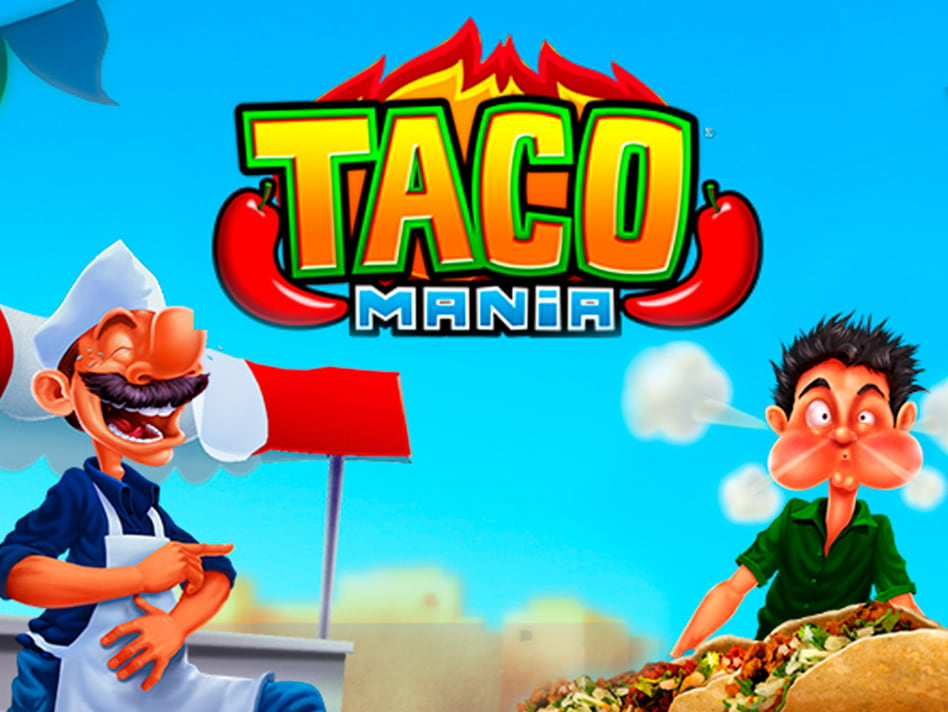I must create a system,
or be enslaved by another man’s.
I will not reason and compare:
my business is to create
William Blake
Every week I am reading news about layoffs in games industry. Every week a friend tells me she has been fired for whatever reason. Happens especially at big companies.
A friend of mine, who yesterday wrote a testimonial on me that made me cry, confessed that was laid off. He was in a senior position in one of the biggest companies in the World. This system is clearly not working to me. You work for a company, spend many hours putting your energy in. The company is very profitable and when the year ends they fire you because their investors must have their share bonuses. Incredible.
And then many people goes back to the hamster wheel. Posting on LinkedIn that they are doing assessments and interviews. Saying they are unemployed since months.
Honestly, I am out of that. I don’t care if at some point I have to work elsewhere to pay my bills. But I have to try to build my own thing. The games industry is too unfair. We prepare a lot to be able to make games. We study many hours, we stay updated on the industry trends. And for what? To make other people make tons of cash while we have to find the next job after 5 years? I am out.
Is that enough reason to start my thing? Of course it isn’t. My life is not for everyone. But I am very happy of my little thing. Because nobody can remove that from me.



